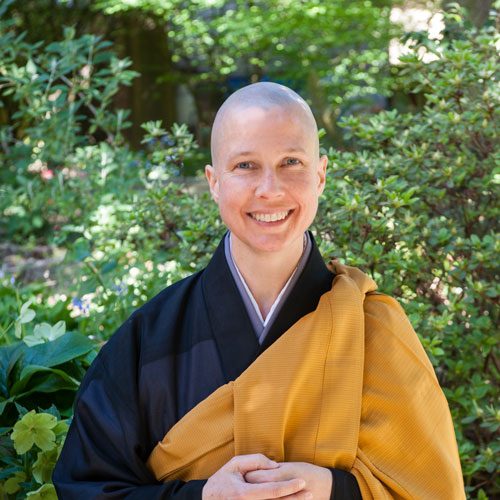In times like these with so much uncertainty, fear and suffering, how can we keep our center in a world that sometimes seems to be spinning out of control?
Equanimity (upekkha in Pali) in Buddhist teachings describes the quality of balance in any circumstances. It is one of the Four Divine Abodes, one of the Seven Factors of Enlightenment, one of the Ten Paramitas and a number of other Buddhist lists. When highly developed it is the precursor to the experience of awakening.
How can we cultivate equanimity in our meditation practice? Even more, how can we access it in our daily life?







Discussion